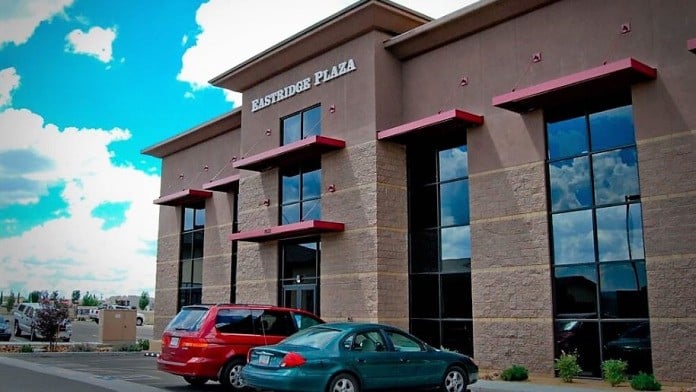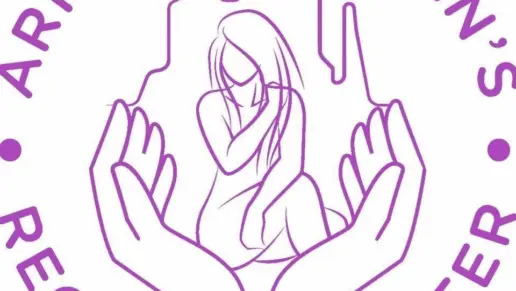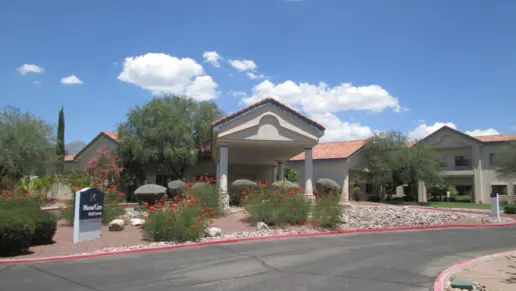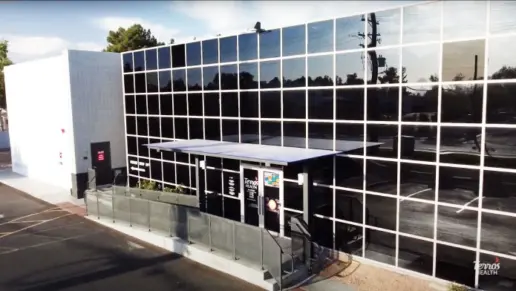These people are the best to help the children and their families, they are very knowledgeable, the therapists treat their clients as if they were part of their family, always with respect and kindness they are very attentive and understanding in the conditions of each patie ...
About Child and Family Support
Child and Family Support Services (CFSS) in Prescott Valley, Arizona provides mental and behavioral health care for youth and families. They offer crisis intervention and home, school, and community-based services. Treatment programs include an intensive outpatient program (IOP), general outpatient program (OP), and aftercare planning and support. Dedicated services are available for adolescents, justice-involved persons, and persons with co-occurring disorders.
Their intensive outpatient (IOP) programs are designed for clients who require high-level supervision and support, including those stepping down from inpatient care. Clients receive medical and mental health assessments, personalized care plans, and complete case management. Referrals for acute and subacute inpatient care are available. Age-specific, trauma-informed counseling is prioritized for youth and their families, including individual and group therapy. The program supports the long-term recovery of youth and families through robust life-skills training that addresses topics such as coping, self-care, medication management, and relapse prevention. Specialized education and support services are available for parents and caregivers. Evening, night, weekend, and holiday services are included as needed.
Their general outpatient (OP) services are designed for clients who are medically stable. Services include continuing counseling, recovery education, and supplemental services.
Their aftercare programs enable a complete continuum of care aligned with clients’ evolving needs. These services may include step-down support, peer coaching, academic and vocational training, and referrals for additional services.
Child and Family Support Services may be able to work with major insurers, such as Aetna, Cigna, BlueCross BlueShield, and others. Contact your provider to verify coverage, because out of network benefits can vary. They also accept Medicaid and offer financial assistance.
Latest Reviews
Rehab Score
Gallery

Location
Other Forms of Payment
Medicaid is a state based program that helps lower-income individuals and families pay for healthcare. Medicaid covers addiction treatment so those enrolled can use their coverage to pay for rehab. When a program accepts Medicaid the client often pays very little or nothing out of their own pocket.
Addiction Treatments
Levels of Care
Treatments
Many of those suffering from addiction also suffer from mental or emotional illnesses like schizophrenia, bipolar disorder, depression, or anxiety disorders. Rehab and other substance abuse facilities treating those with a dual diagnosis or co-occurring disorder administer psychiatric treatment to address the person's mental health issue in addition to drug and alcohol rehabilitation.
Mental health rehabs focus on helping individuals recover from mental illnesses like bipolar disorder, clinical depression, anxiety disorders, schizophrenia, and more. Mental health professionals at these facilities are trained to understand and treat mental health issues, both in individual and group settings.
Programs

Clinical Services
Cognitive Behavioral Therapy (CBT) is a therapy modality that focuses on the relationship between one's thoughts, feelings, and behaviors. It is used to establish and allow for healthy responses to thoughts and feelings (instead of unhealthy responses, like using drugs or alcohol). CBT has been proven effective for recovering addicts of all kinds, and is used to strengthen a patient's own self-awareness and ability to self-regulate. CBT allows individuals to monitor their own emotional state, become more adept at communicating with others, and manage stress without needing to engage in substance abuse.
Whether a marriage or other committed relationship, an intimate partnership is one of the most important aspects of a person's life. Drug and alcohol addiction affects both members of a couple in deep and meaningful ways, as does rehab and recovery. Couples therapy and other couples-focused treatment programs are significant parts of exploring triggers of addiction, as well as learning how to build healthy patterns to support ongoing sobriety.
Experiential therapy is a form of therapy in which clients are encouraged to surface and work through subconscious issues by engaging in real-time experiences. Experiential therapy departs from traditional talk therapy by involving the body, and having clients engage in activities, movements, and physical and emotional expression. This can involve role-play or using props (which can include other people). Experiential therapy can help people process trauma, memories, and emotion quickly, deeply, and in a lasting fashion, leading to substantial and impactful healing.
Research clearly demonstrates that recovery is far more successful and sustainable when loved ones like family members participate in rehab and substance abuse treatment. Genetic factors may be at play when it comes to drug and alcohol addiction, as well as mental health issues. Family dynamics often play a critical role in addiction triggers, and if properly educated, family members can be a strong source of support when it comes to rehabilitation.
Group therapy is any therapeutic work that happens in a group (not one-on-one). There are a number of different group therapy modalities, including support groups, experiential therapy, psycho-education, and more. Group therapy involves treatment as well as processing interaction between group members.
In individual therapy, a patient meets one-on-one with a trained psychologist or counselor. Therapy is a pivotal part of effective substance abuse treatment, as it often covers root causes of addiction, including challenges faced by the patient in their social, family, and work/school life.
Trauma therapy addresses traumatic incidents from a client's past that are likely affecting their present-day experience. Trauma is often one of the primary triggers and potential causes of addiction, and can stem from child sexual abuse, domestic violence, having a parent with a mental illness, losing one or both parents at a young age, teenage or adult sexual assault, or any number of other factors. The purpose of trauma therapy is to allow a patient to process trauma and move through and past it, with the help of trained and compassionate mental health professionals.
Contact Information
8652 East Eastridge Drive
Suite 103
Prescott Valley, AZ 86314


